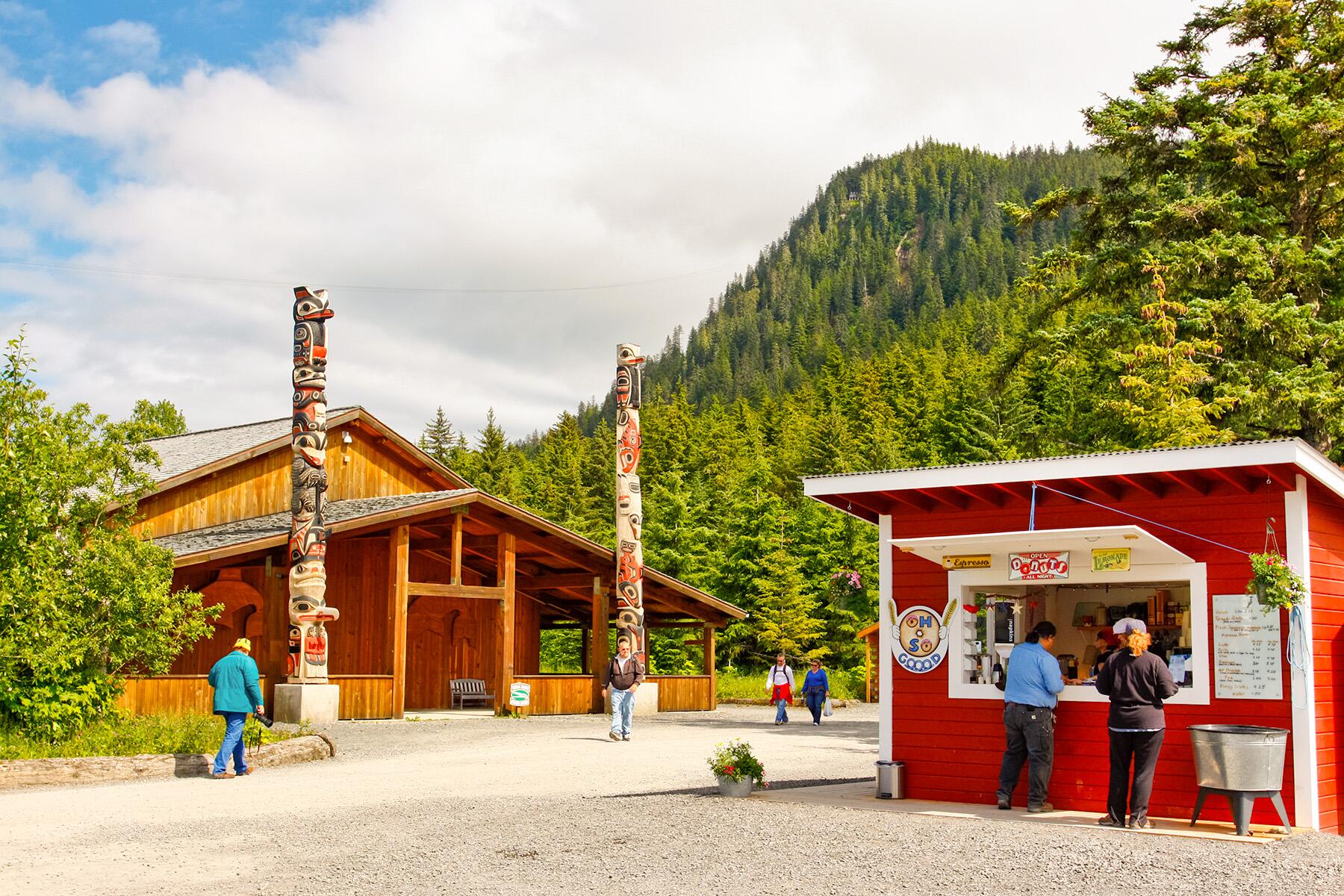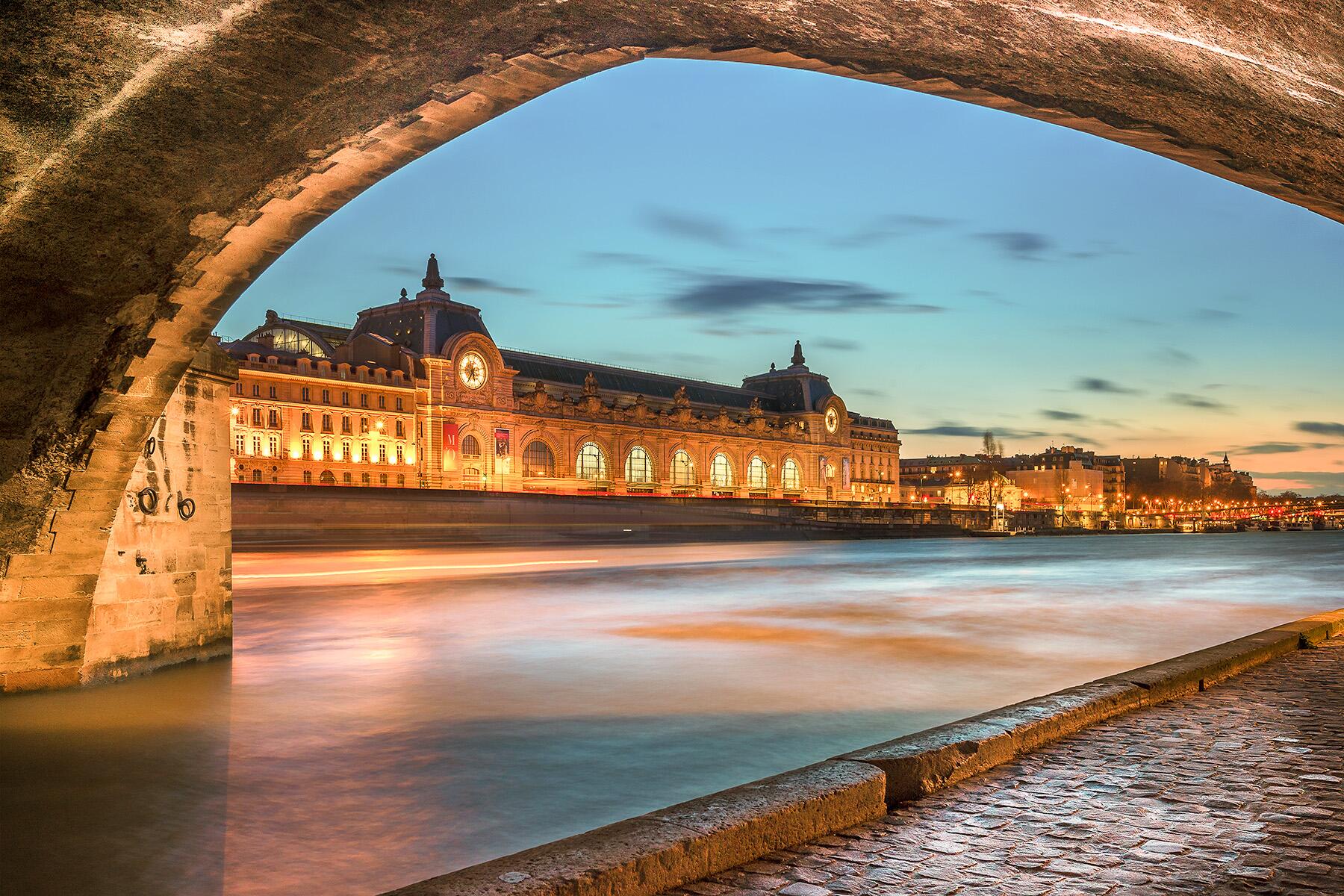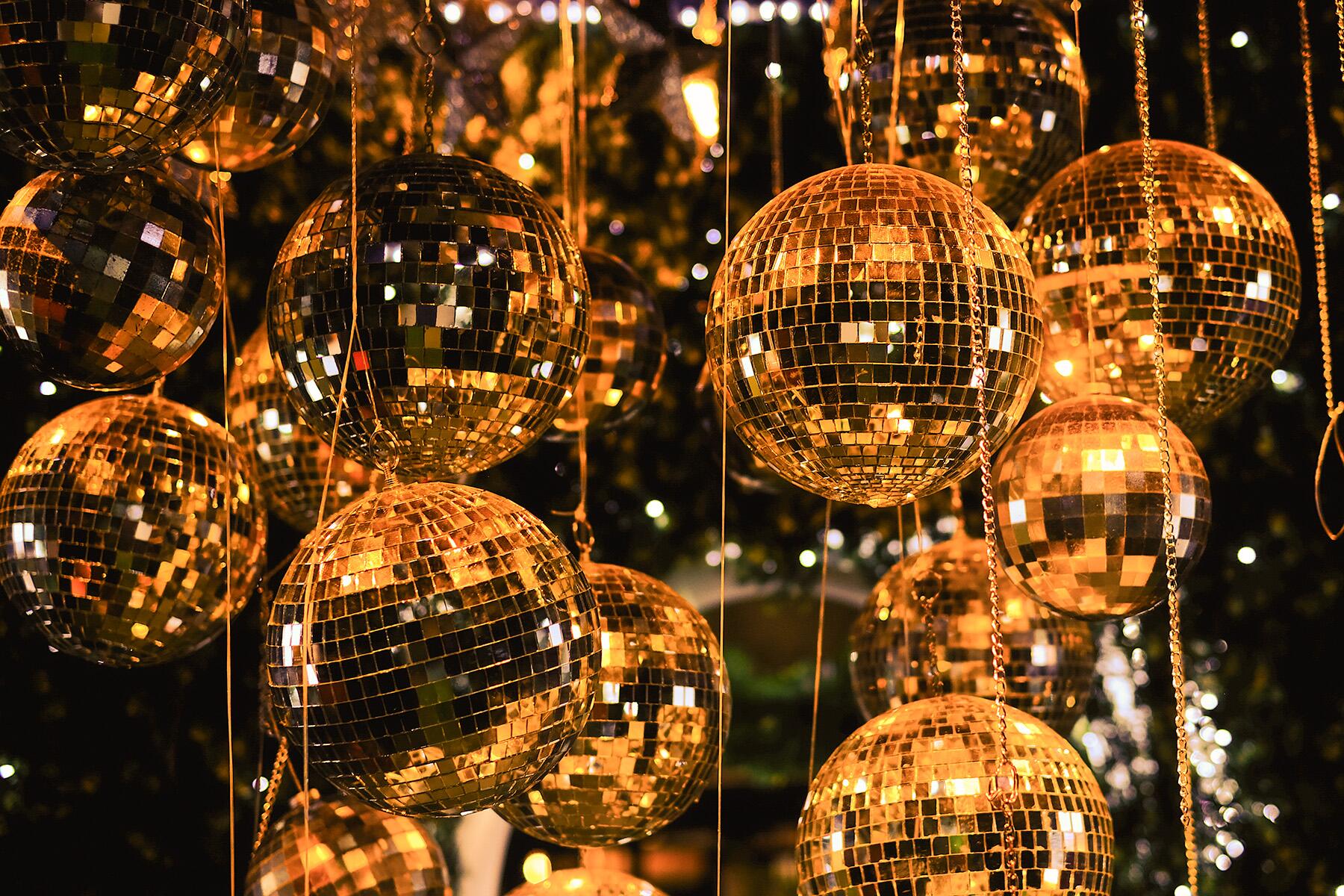Don’t be surprised if a cashier offers you a jifcar (gift card) or wants to refilear (refill) your glass of Coca Cola.
Panama has a long history of luring settlers and visitors with its unique geographic location, lush landscapes, and even the promise of treasure. English pirate Sir Francis Drake and his armada anchored in the late 1500s; in 1671, Welsh Captain Henry Morgan and his seagoing villains made their mark when they destroyed much of the capital; in 1699, the Scottish staged a little-known, unsuccessful, bid to form a colony in the notoriously impermeable Darién province; in 1880, the French arrived en masse as they attempted to construct the Panama Canal over two decades until the US took over, eventually built the canal, and controlled Panama for much of the 20th Century. This history has left a lasting impression on the country’s mindset and lexicon. Today Panama is a unique juxtaposition of Latin and Western sentiments, with plenty of new words from its old identity.
Fren
“Hola fren.” It isn’t hard to guess that this one means “friend.” It’s used in place of amigo and is emblematic of the Panamanian habit of chopping off the last consonant when pronouncing words. Pues becomes pue, vamos becomes vamo and somos becomes somo. The list goes on. Interestingly, fren has two plural versions: frenes and frenzies.
Recommended Fodor’s Video
Tinaco
A now-defunct company by the name of Tin & Co. was a manufacturer of tin garbage cans in the early 20th Century. The name was plastered all over the products which were widely available in Panama. A phonetic equivalent for the brand name has now come to mean “trash can” or “rubbish bin” in the isthmian country. Tinaco is also used for a water tank or pot. It’s also said that stray dogs (that eat out of trash cans) are called tinaqueros or tainakers.
Camaron
Pop “camaron” into Google Translate and it’ll have you believing you’re in for a juicy shrimp meal. In Panama, the word takes on additional meaning as the work of a handyman or a non-permanent job. When American soldiers would enlist Panamanians for odd jobs, they would ask them to “come around” the fence to gain entry to the US base. Today, camaron may also be used to talk about income from a side hustle.
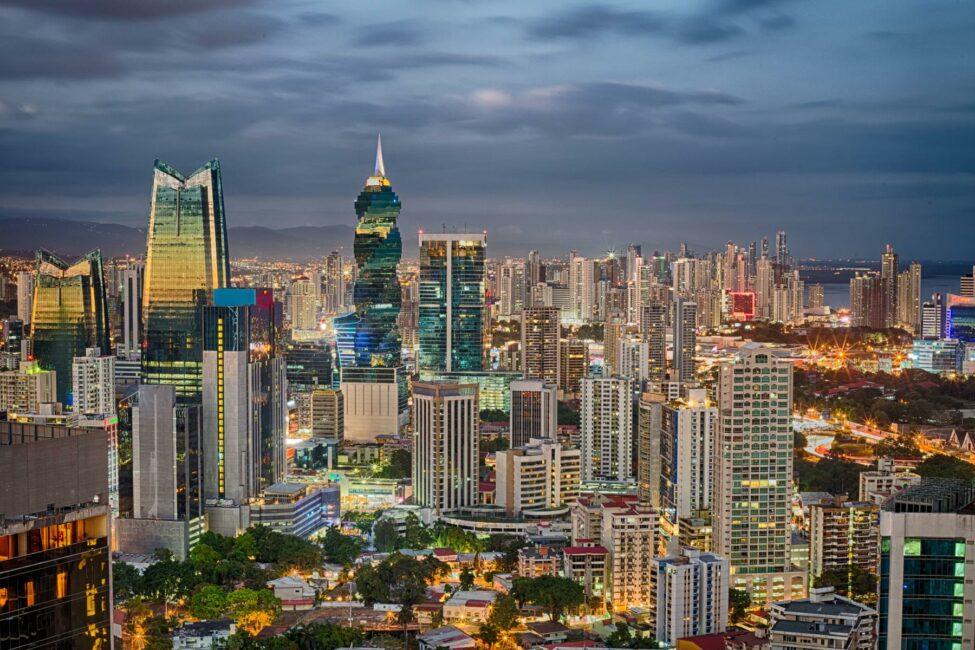
Focop
You wouldn’t say this word at work in English or in Spanish. You guessed it – “focop” is the delightful way Panamanians explain that something is seriously messed up, everything’s all wrong or a big mistake has been made. “Focop” is indeed deemed as swearing so refrain from using it in formal company. That would be an absolute focop.
!Qué Power!
Another English-Spanish hybrid, “qué power” was a 1980s term for “that’s awesome”. It could be used to express surprise and appreciation in the following manner: “Panama has over 1,500 miles of shoreline–!Qué power!” “It’s the only place in the world where you may witness the sunrise on the Pacific and set on the Atlantic–!Qué power!”
INSIDER TIPPanamanians are famously fond of changing the order of words. Make like the locals and say “¿qué xopa? (keh-soh-pa)” which is “¿que pasó?” reversed and means “what’s up?”
Pamper
As they say, imitation is the sincerest form of flattery and Panamanians use the Pampers brand name to refer to nappies and diapers in general, naturally, with the “S” discarded from the end. This is one of many brands names that became general terms for the item they manufacture in Panama. Ask for “Cornflake” at your local supermarket but be sure to pronounce it as conflei. Packaged snacks like chips (or crisps for Brits) are generally referred to as “chiswiz” after the Cheez Whiz brand (erase the “S” and the “Z” from your pronunciation and you’re there: “chi-wee”).
Arraiján
Listen carefully and you’ll realize that “Arraiján” sounds like “at right hand.” The name of this district in the west of Panama is said to be derived phonetically from Americans pointing it out to taxi drivers as being “on the right hand” of where they lived. Another legend has it that the area is named after a local cacique (native chief) that went by the name Arrayán. The jury’s still out on this one but the right-hand story gets more laughs.
Bucu
If you ever see someone in Panama wearing a t-shirt that says “buco cool” know that they fancy themselves as being “very cool”. The word bucu (boo-coo) is a French implant. While the spelling has been simplified, it has identical meaning to the French word “beaucoup”: plenty, lots, many or a great deal. If you spot a Bucu Lychee Martini on the menu at one of Panama City’s decadent cocktail bars, know you’re in for a generous helping of tropical goodness.
Offi
Used to denote agreement, the word “offi (o-ffi)” comes from “official” and sound oodles cooler than “yes, ok” or “sure thing.” It should be noted that in Spanish, “official” has one “F,” so this utterance is almost certainly derived from English. You’re officially free to add this not-so-secretly Anglophone word to your vocabulary while in Panama.
Chilin
Well, this one needs no explanation. When you’re having a good time, relaxing or hanging about, you’re “chilin.” You probably recognize it as the very English word “chilling” with the “G” omitted from the end (we did mention that Panamanians are known to do that). It also notably has one “L” and not two as the double “L” sound in Spanish is pronounced as a “Y” à la “Medellin (meh-de-yin).” “Chilin” even exists in verb form: “vamos a chiliar en Casco Viejo” means “we’re going to chill in Casco Viejo,” which is the resplendent old town of Panama City.
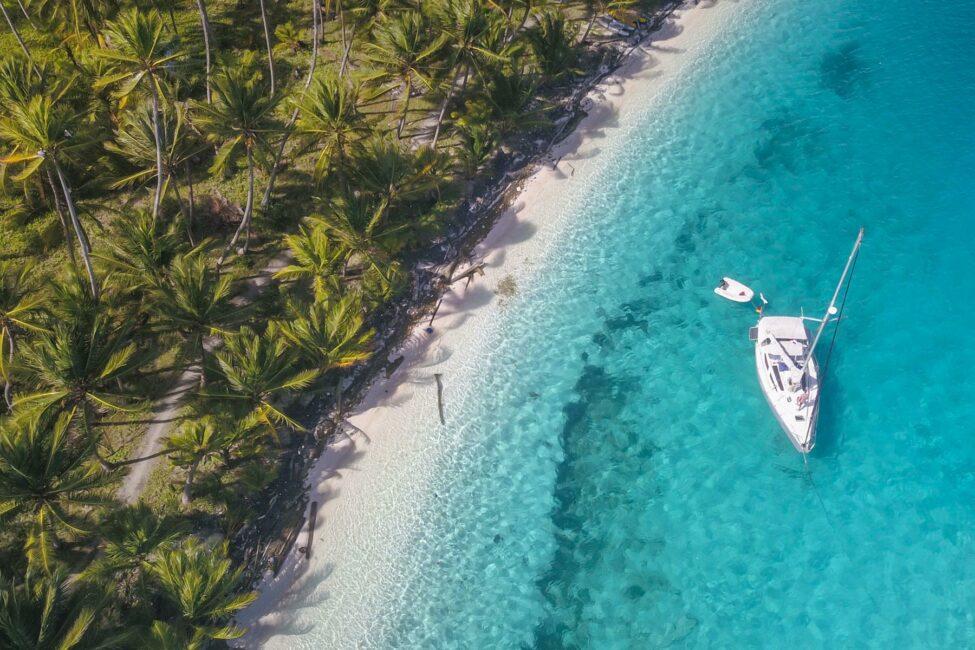
Daim
Panama has two official currencies: the balboa and the US dollar (which has been accepted as legal tender for over a century). Subsequently, many Panameños call the 10 cent coin a “daim” which bears a startling resemblance to the word “dime” used by their North American chums. Interestingly, the word “dime” has its origins in French. The Coinage Act of 1792 named the 10 cent coin a “disme” (pronounced dime), an old French word for tenth. Conversations featuring this word in Panama are a dime a dozen. See what we did there?
The Balboa (PAB), named after Spanish explorer and discoverer of the Pacific Vasco Núñez de Balboa, took over from the Colombian Peso after the country separated from Gran Colombia in 1903. Today, it exists solely in coin form and has been pegged to the US Dollar since 1904. Balboa coins are notably striking: the commemorative editions are adorned with snazzy designs–in color.
Chanti
“Voy pa´l chanti” is a local way to say “I’m going home” or “I’m heading to my crib”. You probably won’t hear chanti (shahn-ti) being used in the ritzier parts of town but it essentially stands in for for the Spanish word “casa,” which means “house” and stems from the English word for “shack” or “shanty”. It’s also sometimes pronounced as chantin.
Pinta
This one will confuse you. While many bars and eateries will indeed serve you a nice cold pint when you order one, a “pinta” is actually an informal blanket term for beer. “Manda una pinta” (give me a beer) does not necessarily imply that you wish for a half liter of the gold stuff. “El mejor lugar para encontrar cualquier pinta” means “the best place to find any beer” and not just pint-sized ones. Another word used for beer is frías which simply means “cold”. Take the hint and never serve a Panamanian warm beer unless you’re looking for a frosty relationship.
Charcot
No, it’s not “charcoal” or “chariot.” To avoid a traffic jam you take a “short cut” which Panameños style as “charcot.” As Panama City is known for its impossible traffic, get around it by asking your driver, “¿puedes tomar un charcot?” which means, “can you take a shortcut?”
Ta’ cool
“¿Está bien si vamos a la playa?” (“Is it ok if we go to the beach?”) “Si, ta’ cool.” Blend in with the locals by slicing the Spanish word “está” in half. “Ta’ cool” is the short form of “está cool.” Using this is akin to saying “it’s all good” or “that’s ok.” Panama is widely regarded as Central America’s hippest isthmus. Admittedly, the only other contender for the crown is the isthmus of Rivas in Nicaragua. Nevertheless, these cool cats splash this term about like it was going out of style.
Guachimán
Sound familiar? Guachimán (wah-chi-man) is the Panamanian adaptation of “watch the man”. It’s used to describe security guards, janitors, and caretakers that often work at night. This adapted English term covers a professional or someone who informally monitors a property or location for security reasons.
Cuara
Not to be confused with the Argentinian wine brand Quara, “cuara (cua-rah)” is another repurposed English word. It’s taken directly from the US quarter, a 25-cent coin. A Panamanian might say “dame un cuara” (give me a quarter), which is 25 cents.
Pritti
The English word “pretty” has been internalized as “pritti (pri-ti)” and it’s pronounced in a uniquely Panamanian way. One may presume that it describes a fair lady, but it’s actually synonymous with something that’s nice, cool, awesome, or amazing. Basically, you dig it.
Wapin
Perpetually in linguistic haste, Panamanians condense “what’s happening” into “wapin (wah-pin).” This Anglicism is strictly used colloquially and may also be a greeting. “Wapin mi fren” means “what’s happening my friend”. Generally speaking, Panamanians are warm yet formal and would greet strangers with “buenas” or “buenas días/ tardes (good morning/ afternoon/ evening).” “Wapin” is more likely to be heard among surfer dudes than in professional circles.
En Bosnia
Chances are you’ve seen better days if you’re “en Bosnia.” Every country has one of those expressions that have you scratching your head—this is Panama’s. The origins of this curious English remnant are unclear. Perhaps owing to Bosnia’s considerable distance from Central America, this phrase is used when one is nowhere to be found or in the middle of nowhere. “Ese pobrecito está en Bosnia” would mean “that poor little thing is totally lost.”
